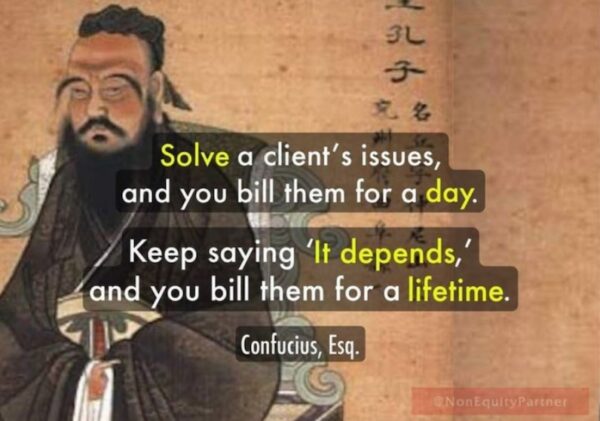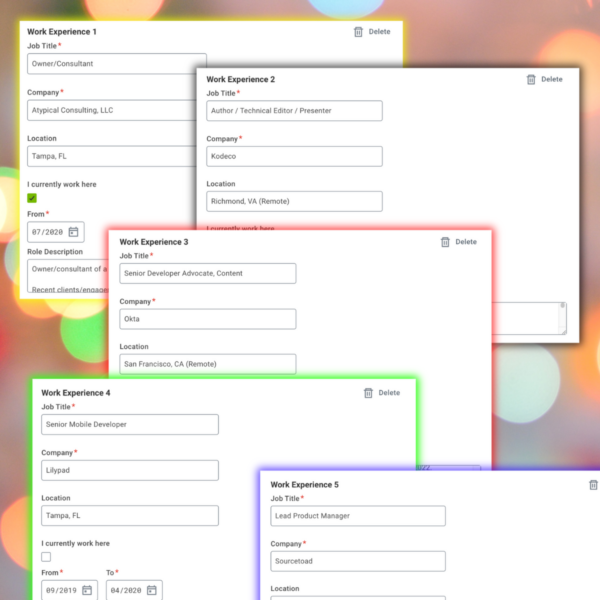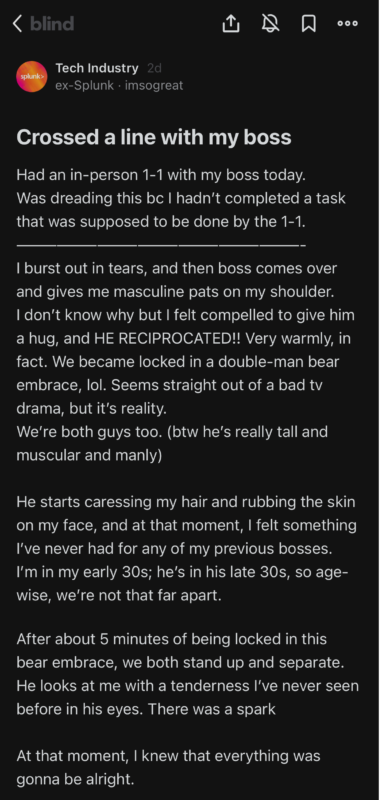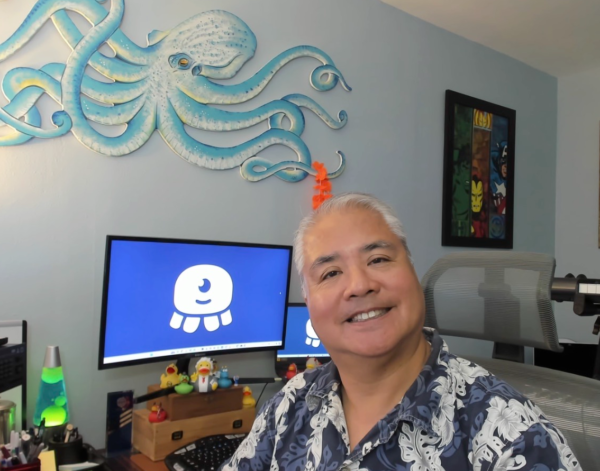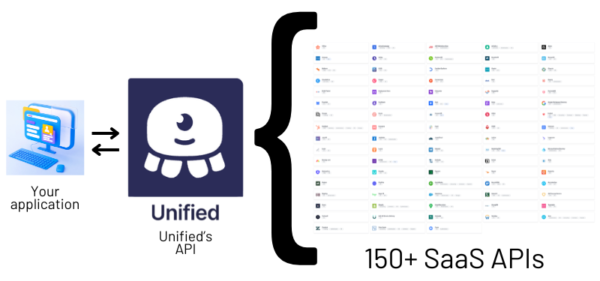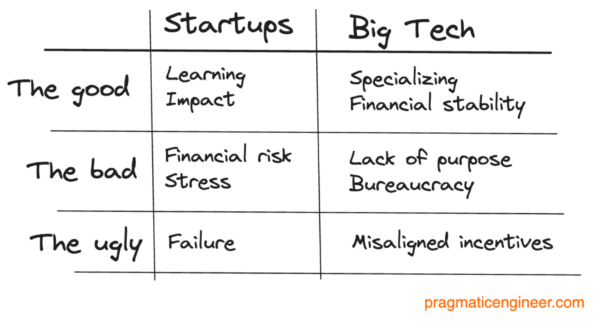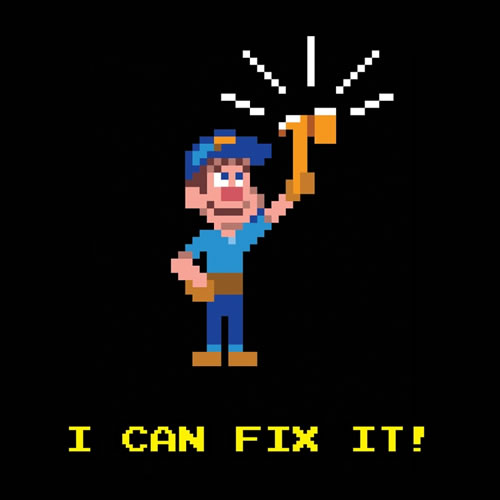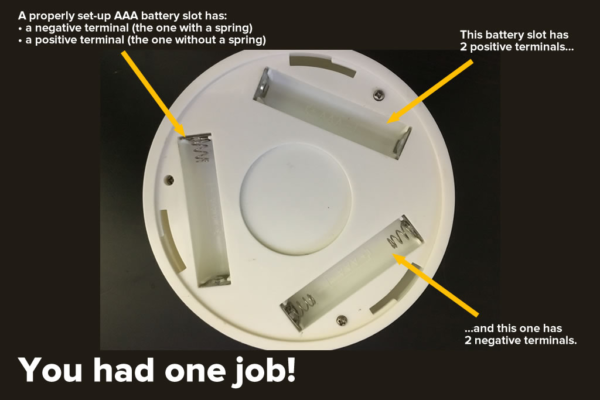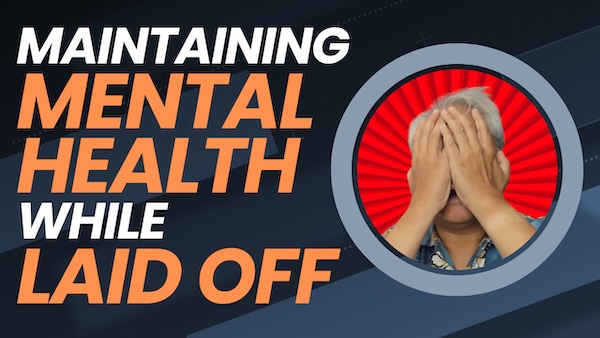
The newest video on the Global Nerdy YouTube channel is now online! Its title will and thumbnail will evolve over the next couple of days, but as I write this (the evening of Sunday, August 11, 2024), the thumbnail looks like the one above and the title is Surviving a Layoff: Mental Health Tips & Tricks.
(YouTube titles and thumbnails can be changed even after the video is posted, and many YouTubers change them as they figure out which versions attract “search” and “browse” viewers.)
Selected moments from the video
Near the start of the video, I suggest to viewers that they try to come up with their own mantra to help them through their layoff journey:

I also remind viewers that there’s a difference between being fired and being laid off:

Here are some layoff stats to reassure you that if you’ve been laid off, you’re not alone:



Making things worse is the fact that shareholders love layoffs — they’re cost savings, which can boost stock prices:

Remember this motto:

I also go through some of the items in the Life Events Inventory, a ranked list of the most stressful events in life. Guess where getting laid off is in the list — I won’t show you kere, though; you’ll have to watch the video!





Here’s the most pithy advice I have for expressing the emotions you may have in the aftermath of being laid off, courtesy of Scott Hanselman:

I talk about the benefits of exercise…

…remind the viewer that it’s always 5 p.m. somewhere…

…and yes, I make a reference not just to “That Site,” but That Site’s identifying drum riff:

You don’t need a unicorn gratitude journal to make it through a layoff, but you should practice gratitude to help you through the process:

I suggest that it might be therapeutic to get rid of at least some of your (former) company swag, but hang on to the stuff that’s useful. I’m hanging on to the Patagonia sweater they sent to me (ironically, a week or so before they laid me off) because it’s nice and warm, and I’m willing to put up with the “VC Bro’ vibes it gives off:

And finally, here’s one of the images I use to explain that if you need therapy or counseling, get it:

